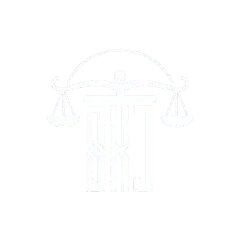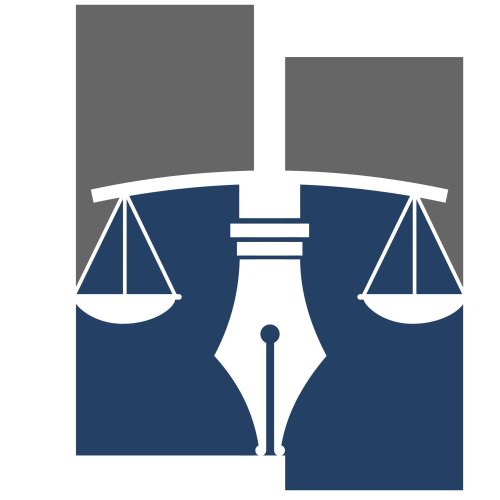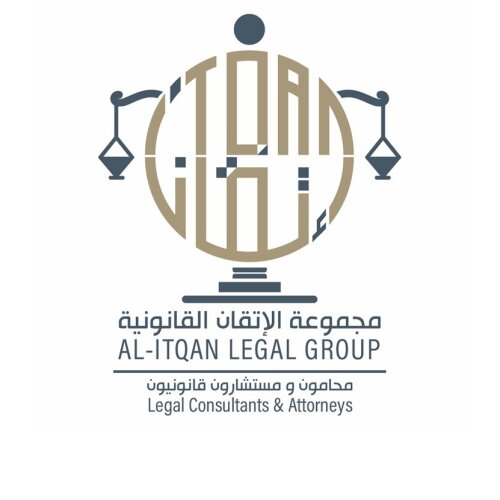Best Creditor Lawyers in Kuwait City
Share your needs with us, get contacted by law firms.
Free. Takes 2 min.
List of the best lawyers in Kuwait City, Kuwait
About Creditor Law in Kuwait City, Kuwait
Creditor law in Kuwait City, Kuwait, is a branch of law that deals with the rights and obligations of creditors and debtors. It governs the legal relationship between individuals or businesses who lend money (creditors) and those who owe money (debtors).
Why You May Need a Lawyer
There are several situations where seeking legal assistance in creditor matters can be beneficial. Here are some common scenarios:
- If you are a creditor and have not received repayment from a debtor, a lawyer can help you navigate through debt collection processes and legal remedies available to you.
- If you are a debtor facing financial difficulties, a lawyer can guide you on debt restructuring, negotiating with creditors, or exploring options like bankruptcy if necessary.
- If you believe you are being wrongfully harassed or treated unfairly by a creditor, legal advice can protect your rights and help resolve the issue.
Local Laws Overview
In Kuwait City, Kuwait, the legal framework surrounding creditor matters primarily derives from the Kuwaiti Civil Code (Law No. 67 of 1980). Some key aspects include:
- Creditors have the right to claim repayment of debts with interest according to agreed terms or statutory provisions.
- Debtors have an obligation to fulfill their payment obligations within agreed deadlines or face legal consequences.
- There are legal procedures, such as writs of execution, to enforce creditor rights and collect debts.
- Bankruptcy laws provide a mechanism for debtors to discharge their debts or restructure them with court supervision.
Frequently Asked Questions
Q: Can a creditor enforce repayment without going to court?
A: In some cases, a creditor can seek an amicable settlement or use alternative dispute resolution methods to resolve the issue without court involvement. However, if such attempts fail, legal action may be necessary.
Q: What are the consequences of non-payment for debtors in Kuwait?
A: Non-payment can lead to legal actions, including the seizure of assets, freezing of bank accounts, or garnishment of wages. It may also damage the debtor's credit history and limit future borrowing opportunities.
Q: Are there any legal protections for debtors in Kuwait?
A: Kuwaiti law provides certain protections for debtors. For instance, creditors cannot harass or threaten debtors, and they must follow proper legal procedures when pursuing repayment.
Q: Can a debtor be imprisoned for not repaying a debt?
A: Under Kuwaiti law, imprisonment for debt alone is generally not lawful. However, certain exceptional cases involving fraud or intentional evasion of debt may result in criminal consequences.
Q: What is the role of a guarantor in creditor matters?
A: A guarantor is a person who agrees to be responsible for the debt of another person if the debtor fails to pay. If a debtor defaults, the creditor may seek repayment from the guarantor instead.
Additional Resources
For further information and assistance, you can reach out to the following resources:
- The Ministry of Justice in Kuwait
- The Kuwait Lawyers Association
- The Kuwait Chamber of Commerce and Industry
Next Steps
If you require legal assistance or advice in matters related to creditor law in Kuwait City, Kuwait, consider reaching out to a reputable law firm or legal professional who specializes in this field. They can assess your specific situation and provide guidance tailored to your needs.
Lawzana helps you find the best lawyers and law firms in Kuwait City through a curated and pre-screened list of qualified legal professionals. Our platform offers rankings and detailed profiles of attorneys and law firms, allowing you to compare based on practice areas, including Creditor, experience, and client feedback.
Each profile includes a description of the firm's areas of practice, client reviews, team members and partners, year of establishment, spoken languages, office locations, contact information, social media presence, and any published articles or resources. Most firms on our platform speak English and are experienced in both local and international legal matters.
Get a quote from top-rated law firms in Kuwait City, Kuwait — quickly, securely, and without unnecessary hassle.
Disclaimer:
The information provided on this page is for general informational purposes only and does not constitute legal advice. While we strive to ensure the accuracy and relevance of the content, legal information may change over time, and interpretations of the law can vary. You should always consult with a qualified legal professional for advice specific to your situation.
We disclaim all liability for actions taken or not taken based on the content of this page. If you believe any information is incorrect or outdated, please contact us, and we will review and update it where appropriate.













